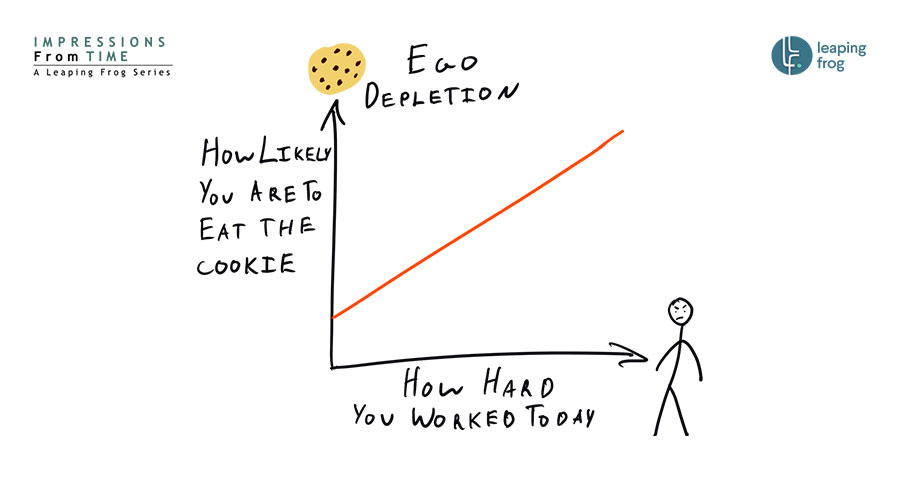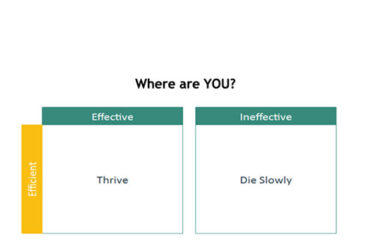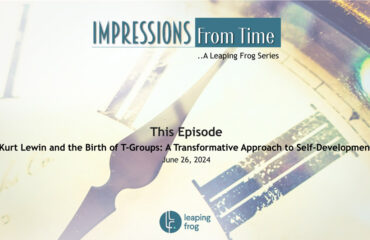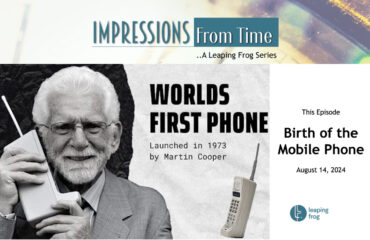
Picture Source: https://thedecisionlab.com/reference-guide/psychology/ego-depletion
Ego Depletion: The Story of Radishes and Cookies
Ego Depletion: The Story of Radishes and Cookies. In the late 1990s, social psychologist and scientist Roy F. Baumeister wanted to understand why it’s hard for us to control ourselves sometimes. To solve this mystery, he and his team came up with a fun experiment using cookies and radishes.
First, they invited some people to their experiment room. On a table, there were tasty cookies and not-so-tasty radishes. Some lucky folks got to munch on the delicious cookies, while others had to resist the temptation and eat the plain radishes instead. It was a tough choice, but everyone did what they were told.
Now, here’s where the story gets interesting. After dealing with the cookies and radishes, all the participants had to do puzzles. The people who ate the cookies did pretty well on the puzzles, but the ones who had to resist the cookies and settle for radishes didn’t do as well. It was like saying no to the yummy cookies that took away their brain power for solving puzzles.
The scientist called this idea “ego depletion.” It’s like when you use up your energy to resist something tempting, it makes it harder for your brain to tackle other tricky tasks that need a lot of concentration.
People started talking about this experiment because it was like a story explaining why our willpower can run out, just like a battery getting low. But, as with all stories, not everyone agreed. Some said maybe there were other reasons why people struggled with the puzzles after resisting cookies.
So, the scientists kept working on the story, doing more experiments and trying to understand why our self-control sometimes feels like it’s running on empty. And that’s how the tale of cookies, radishes, and willpower unfolded in the world of science!
While the concept of ego depletion was influential, it has also encountered several criticisms and debates within the scientific community. One notable concern revolves around replication issues, with some studies struggling to reproduce the original findings. The reliability of ego depletion effects across various experiments and contexts has been called into question, casting doubt on the robustness of the phenomenon.
A second issue involves publication bias, where studies demonstrating positive or significant results supporting ego depletion may be more likely to be published than those with null or negative results. This bias can distort the overall understanding of the phenomenon, potentially inflating its perceived significance.
Methodological concerns also contribute to the scepticism surrounding ego depletion. Critics argue that variations in experimental protocols and measurement techniques across studies may compromise the consistency of results. This lack of standardization raises questions about the methodological rigour of ego depletion research.
Alternative explanations have been proposed as well, suggesting that factors such as motivation, expectations, and beliefs about willpower could influence performance in self-control tasks independently of any depletion of a finite resource. This challenges the exclusive attribution of observed effects to ego depletion.
Additionally, the idea of ego depletion may not be universally applicable. Individual differences and specific task conditions may act as boundary conditions, influencing whether or not ego depletion effects are observed. The variability in results across different studies underscores the complexity of self-control processes.
While early studies on ego depletion were influential, some argue that the cumulative evidence was not as strong as initially suggested. A meta-analysis conducted in 2016, for instance, raised questions about the size and consistency of ego depletion effects, prompting a re-evaluation of the overall strength of the evidence.
Practical implications of the ego depletion concept, particularly those conveyed in popular media, have also faced criticism. Presenting willpower as a depleting resource could have adverse effects, potentially leading individuals to believe they have less control over their actions than they actually do.
…………………………………………………………………………………………………………………………………………
“Impressions From Time” is a curated series from Leaping Frog, about stories from the yesteryears that have helped shape the modern-day practices in the people and organisation domain.
Leaping Frog, a new-age consulting firm, is an enabler and co-creator in enhancing people and organisational effectiveness. We love doing work in the areas of “Driving Organisational Change and Development”, “HR Systems and Talent Strategy”, and “Leadership and Life Coaching”.
Connect and share, for work and more.
Mail: comm@leapingfrog.in
Website: www.leapingfrog.in
Follow Us: https://lnkd.in/d7TQbsia




